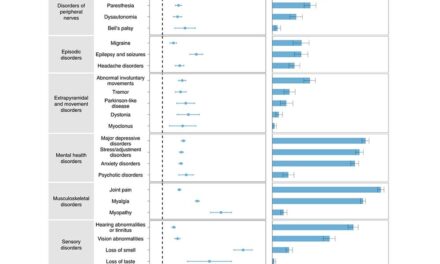New research suggests that the apparent protective effect of high body mass index (BMI) in older adults, observed in many studies, may be a statistical illusion. A study published in the Journal of Epidemiology and Community Health challenges the conventional understanding of BMI and mortality in the elderly.
Researchers, led by CUNY SPH Professor Mary Schooling, analyzed data on BMI and mortality in older individuals. They found, consistent with previous observational studies, that a low BMI was associated with higher mortality rates. However, they also observed that low BMI becomes more prevalent with advancing age, creating a statistical conundrum.
According to Dr. Schooling, the observed association is likely due to selection bias. “People with high BMI are less likely to survive to be recruited into a study at older ages,” she explained. “A comparison of people with high and low BMI at older ages is between a minority of people able to survive high BMI into old age and a larger proportion of people with low BMI who survive into old age, which is not a fair comparison.”
In essence, studies that only examine surviving older adults may inadvertently exclude those with high BMI who died earlier. This creates a skewed representation, making high BMI appear protective when it is, in fact, harmful.
The researchers emphasize that observational studies of associations in survivors should be interpreted with caution. “The observed associations should be consistent with how the sample characteristics change with age,” Schooling stated.
The study highlights the potential for bias in epidemiological research and underscores the need for careful consideration of selection effects when analyzing health outcomes in older populations.
Disclaimer: This news article is based on the provided research study and should not be taken as medical advice. Individual health situations vary, and readers should consult with healthcare professionals for personalized guidance.(More information: Man Ki Kwok et al, Body mass index trajectories and all-cause mortality in older Chinese adults: Hong Kong’s Elderly Health Service Cohort, Journal of Epidemiology and Community Health (2025). DOI: 10.1136/jech-2025-223659)












